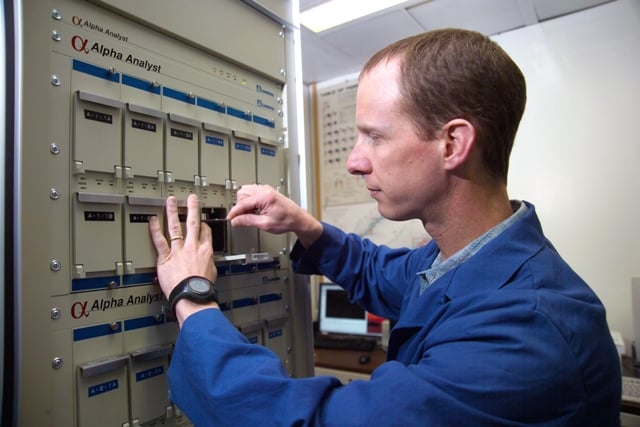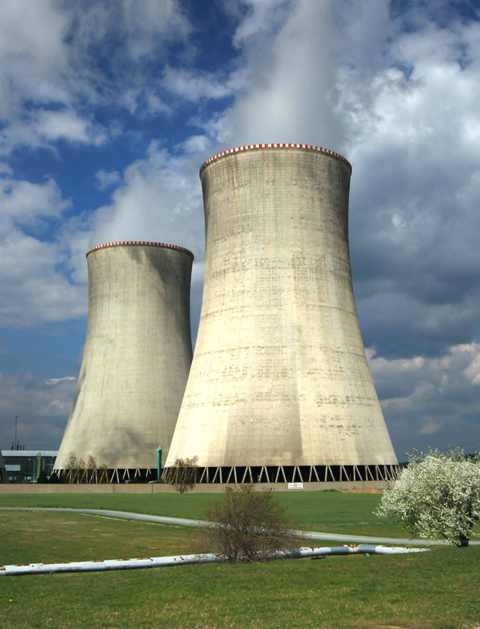RADIOLOGICAL MEASUREMENT ASSURANCE PROGRAM
RESL has conducted the Radiological Measurement Assurance Program (RMAP) for the Nuclear Regulatory Commission (NRC), serving as NRC’s reference laboratory, assessing the performance of NRC’s laboratories for over 40 years. The current mission of RMAP is to ensure that radiological measurements performed by ORISE are of acceptable precision and accuracy and reflect actual conditions of NRC’s laboratory performance.
(1) RESL PE programs are designed to include a particular mix of radionuclides, concentration levels, and sample matrices and confirmed by NRC to simulate samples typically measured by NRC’s service laboratory at the Oak Ridge Institute of Science & Education (ORISE). Environmental PE samples, soil, water, and two air filter samples, containing uranium, americium, and plutonium isotopes, strontium 90, and gamma isotopes are sent to ORISE approximately every two months. Results are evaluated by RESL and Performance Evaluation Reports sent to the NRC.
(2) RESL plans and conducts an annual audit of ORISE to evaluate laboratory procedures and verify continuing implementation of a quality assurance (QA) program. RESL technical staff provides unbiased and free-ofconflict audits to NRC through the RMAP.
Who We Are:
As a federally owned and operated laboratory, RESL has had a role as the radiological reference laboratory for the NRC since 1974. At that time, a congressional mandate designated RESL to perform the role of a referee for the participants of the Confirmatory Measurements Program of the NRC, later to become RMAP. RESL offers NRC a full-service analytical chemistry laboratory with a full suite of analytical methods and procedures in the characterization and preparation of materials containing radioactive isotopes.


